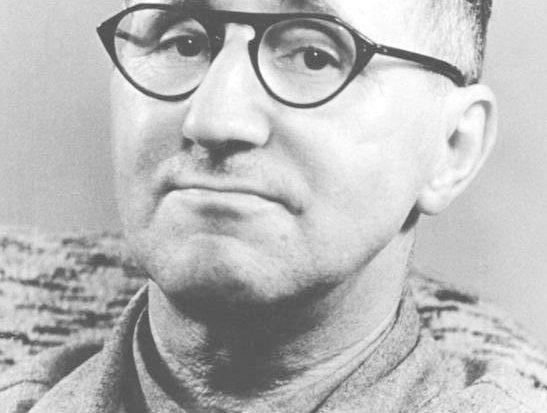
By Alfonso Hernandez

Paris in July offers free rock concerts by top world bands and singers in front of City Hall. There are also free and for-pay concerts in churches, museums, theaters and parks; art exhibits in galleries and official museums; movie premieres in cinemas; and theater—plus hundreds of street singers, artists, dancers, gymnasts, mimes whom one can hear or watch just by simply strolling in any direction of the city.
Poetry and novel readings and discussion with famous writers such as in the terrace of the bookstore Shakespeare and Co. Forget the stereotype that all the French leave Paris in July and August.
The first two weeks in July, I spent several hours a day at the Beaubourg Library reading and studying Claude Lanzmann’s memoirs, Le Lievre de la Patagonie (The Hare in Patagonia), and other works such as the script for his most famous film, Shoah. During the rest of the month, I was at the library of the School of Letters of the Sorbonne reading the plays of an unknown, in the States, French playwright, Luc Tartar, whom I met in June at the International Playwrights Conference in Guadalajara, Mexico. Tartar had time to discuss his works with me during my stay in Paris.
The American public would be interested in knowing this playwright given that his themes have relevance to our current societal concerns. In Les Arabes de Poitiers (The Arabs from Poitiers), he presents the difficulties of being an undocumented, clandestine person. Zero is a short play about two characters well known to us: a mother who is waiting for her son to come back from the war in Algeria, as there are many mothers waiting for their sons to come back from Afghanistan and Iraq. In Tartar’s play, however, when the two meet, they don’t recognize each other because of the psychological changes that occur during the three years of absence. The mother has dementia, and the son has been changed from an innocent young man to a seriously traumatized human being.
In Mademoiselle J’Affabule et les chasseurs de reves (Miss J’Affabule and the Dream Hunters), Tartar introduces us to beings who come to earth hunting for the dreams of humans. These extraterrestrials’ food consists of all our dreams, which we, earthlings, metaphorically speaking, imitate when we stop others from realizing their dreams with bullying, put downs, denials of their potentialities, etc.
Petites Comedies de la Vie (Little Comedies from Life), the one called Abecedaire, in which the action takes place in an old folks’ home (hospice), reminded me of our own assisted living hotels that we have for our still healthy seniors. We find in Tartar’s play an old woman without family and who never has any visitors; an old man who wants to bed all the pretty females; a rich, high class, always well-dressed, covered-with-jewels woman who tells everyone that she belongs to a higher class.
Many of Tartar’s plays appeal to adolescents, an age Tartar prefers to write for, such as Chercher Partir (To Search to Leave), in which one of the characters says that one should leave one’s home to find the sun, gold, love, friends, forgetfulness, remedies, etc., all the conscious and subconscious unfulfilled goals we all have at one time in our lives.
Rhetorically speaking, Tartar uses personification, symbols, metaphors, allusions and especially the unexpected, not the deus ex machina, no, the unexpected turn in the plot, fantasy and mystery boarding in science fiction. He writes practically no stage directions. In reading, one might think of the theater of Samuel Becket, Eugene Ionesco, Albert Camus, Bertolt Brecht and others. Most of his works are published by Lansman or Lansman Jeunesse in Belgium.
*****
Alfonso C. Hernandez is a writer and poet from Three Rivers, Calif.
